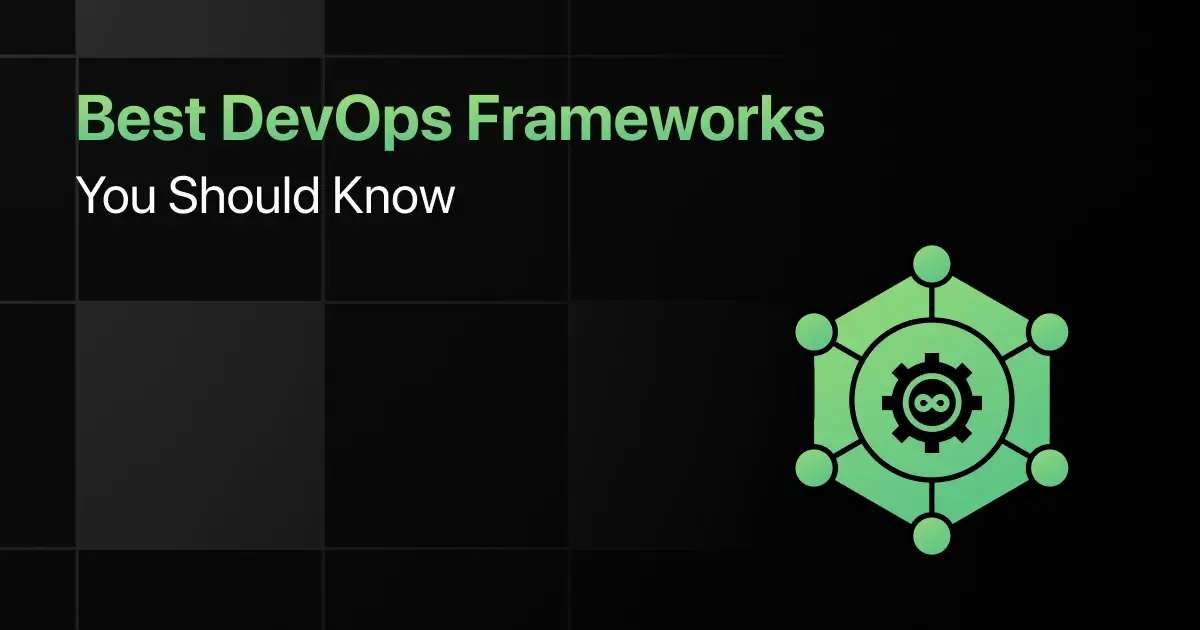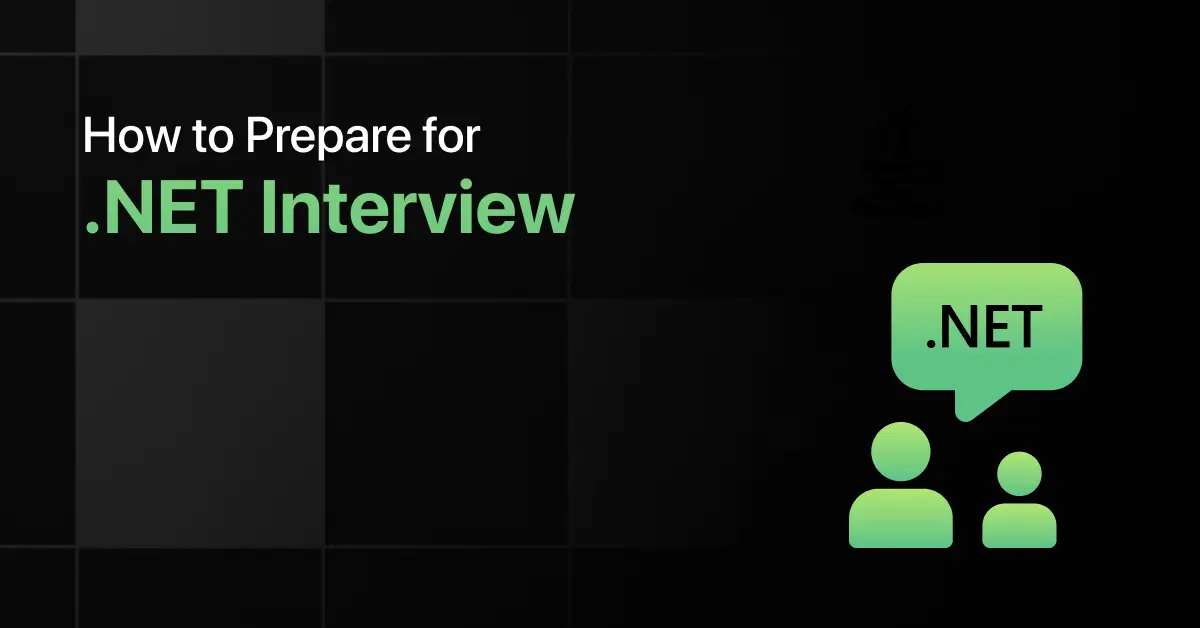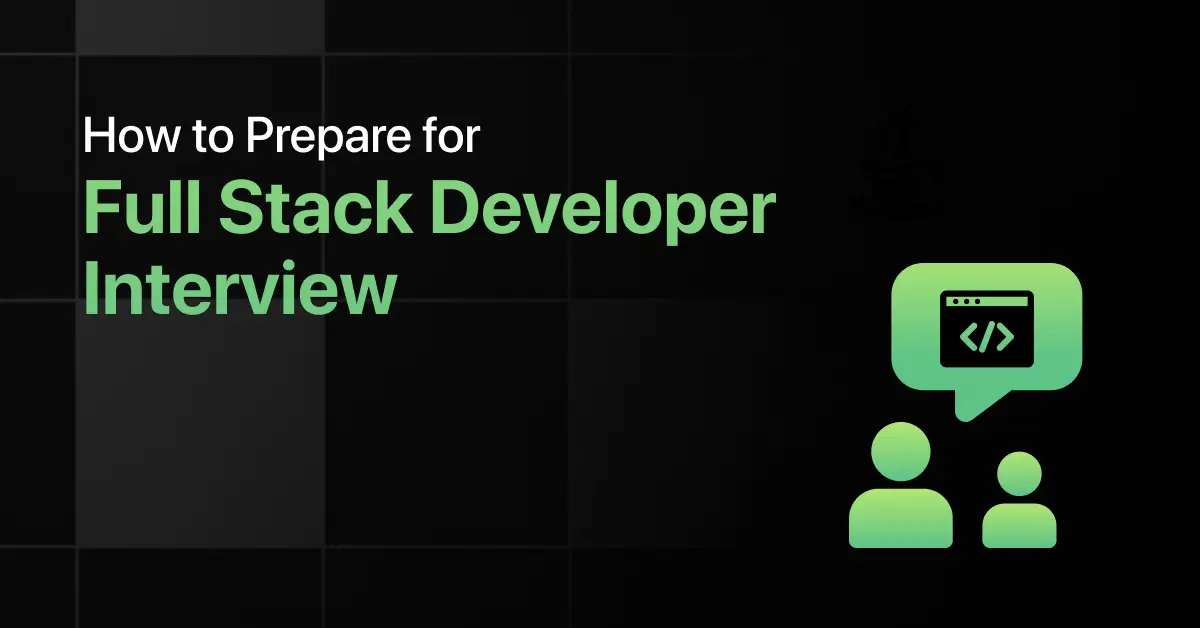Best DevOps Frameworks You Should Know

DevOps frameworks are essential tools for developers. They provide a structured foundation to build efficient and scalable development and operations processes.
This blog will explore a DevOps framework list and highlight the unique features of the best DevOps frameworks and libraries.
If you’re looking for DevOps frameworks for beginners or aiming to conduct a DevOps frameworks comparison, this guide has you covered.
Top DevOps Frameworks for Developers – Overview
Here’s an overview of the top 10 frameworks for DevOps:
| S.No. | Framework Name | Key Features | Ease of Integration | Download Link |
|---|---|---|---|---|
| 1 | Jenkins | Extensible with Plugins, Supports Distributed Builds | Easy | Download |
| 2 | Docker | Containerization, Efficient Resource Usage | Easy | Download |
| 3 | Kubernetes | Automated Deployment, Self-Healing Capabilities | Medium | Download |
| 4 | Ansible | Agentless Architecture, Simple YAML Syntax | Easy | Download |
| 5 | Terraform | Infrastructure as Code, Multi-Cloud Support | Medium | Download |
| 6 | GitLab CI/CD | Integrated CI/CD, Version Control Integration | Easy | Download |
| 7 | Chef | Infrastructure as Code, Scalable Automation | Medium | Download |
| 8 | Puppet | Infrastructure as Code, Declarative Language | Medium | Download |
| 9 | Nagios | Infrastructure Monitoring, Alerting and Reporting | Medium | Download |
| 10 | Prometheus | Time-Series Database, Powerful Query Language | Medium | Download |
Most Popular DevOps Frameworks You Should Know
Below are the 10 most popular DevOps frameworks you should know:
1. Jenkins
Jenkins is an open-source automation server that helps automate the parts of software development related to building, testing, and deploying.
It facilitates continuous integration and delivery.
Popularity:
- Widely used in the DevOps community.
- Strong community support.
- Supported by many plugins.
Key Features:
- Extensible with plugins
- Supports distributed builds
- Easy integration with other tools
Learning Curve: Medium
Performance: High performance for continuous integration tasks
Compatibility:
- Works with various operating systems.
- Integrates with Git, SVN, and other version control systems.
Ease of Integration: Easy
Use Cases and Industry Adoption:
- Continuous integration
- Continuous deployment
- Automated testing
Job Market Demand:
- High demand in DevOps roles.
- Used by tech giants and startups.
- Preferred for robust CI/CD pipelines.
2. Docker
Docker is a platform that enables developers to create, deploy, and run applications in containers.
It ensures consistent environments across different stages of development.
Popularity:
- Widely adopted in modern application development.
- Strong community and corporate support.
- Extensive documentation and tutorials.
Key Features:
- Containerization
- Efficient resource usage
- Portability across environments
Learning Curve: Easy
Performance: High performance with lightweight containers
Compatibility:
- Works on various operating systems.
- Integrates with CI/CD tools like Jenkins.
Ease of Integration: Easy
Use Cases and Industry Adoption:
- Containerization
- Microservices architecture
- Environment consistency
Job Market Demand:
- High demand in cloud-native development.
- Used by enterprises and startups.
- Preferred for scalable and portable applications.
3. Kubernetes
Kubernetes is an open-source container orchestration platform. It is designed to automate deploying, scaling, and operating containerized applications.
Popularity:
- Widely used for container orchestration.
- Strong community and corporate backing.
- Extensive ecosystem and documentation.
Key Features:
- Automated deployment
- Scaling and management of containerized applications
- Self-healing capabilities
Learning Curve: Medium
Performance: High performance with efficient orchestration
Compatibility:
- Works with various container runtimes.
- Integrates with CI/CD pipelines and monitoring tools.
Ease of Integration: Medium
Use Cases and Industry Adoption:
- Container orchestration
- Microservices management
- Cloud-native applications
Job Market Demand:
- High demand in cloud and DevOps roles.
- Used by tech giants and enterprises.
- Preferred for managing large-scale containerized applications.
4. Ansible
Ansible is an open-source automation tool used for configuration management, application deployment, and task automation.
It is known for its simplicity and ease of use.
Popularity:
- Popular for configuration management.
- Strong community support.
- Extensive documentation and modules.
Key Features:
- Agentless architecture
- Simple YAML syntax
- Scalable automation
Learning Curve: Easy
Performance: Good performance with efficient task execution
Compatibility:
- Works with various operating systems.
- Integrates with cloud providers and CI/CD tools.
Ease of Integration: Easy
Use Cases and Industry Adoption:
- Configuration management
- Application deployment
- Infrastructure as code
Job Market Demand:
- High demand in DevOps and system administration.
- Used by tech companies and enterprises.
- Preferred for straightforward automation tasks.
5. Terraform
Terraform is an open-source infrastructure as code (IaC) tool that enables users to define and provision data center infrastructure.
It uses a declarative configuration language.
Popularity:
- Widely used for infrastructure automation.
- Strong community and corporate support.
- Extensive provider ecosystem.
Key Features:
- Infrastructure as code
- Multi-cloud support
- Resource management
Learning Curve: Medium
Performance: High performance with efficient provisioning
Compatibility:
- Works with various cloud providers.
- Integrates with CI/CD tools and monitoring systems.
Ease of Integration: Medium
Use Cases and Industry Adoption:
- Infrastructure provisioning
- Multi-cloud deployments
- Environment consistency
Job Market Demand:
- High demand in cloud and DevOps roles.
- Used by enterprises and startups.
- Preferred for scalable infrastructure management.
6. Gitlab CI/CD
GitLab CI/CD is a continuous integration and continuous delivery (CI/CD) tool integrated into GitLab.
It allows users to build, test, and deploy their code using pipelines.
Popularity:
- Integrated with GitLab.
- Strong community support.
- Preferred for its all-in-one platform.
Key Features:
- Integrated CI/CD
- Version control integration
- Automated testing
Learning Curve: Easy
Performance: High performance with efficient pipelines
Compatibility:
- Works with various programming languages.
- Integrates with Kubernetes and other tools.
Ease of Integration: Easy
Use Cases and Industry Adoption:
- Continuous integration
- Continuous deployment
- DevOps pipelines
Job Market Demand:
- High demand in DevOps and development roles.
- Used by tech companies and startups.
- Preferred for seamless CI/CD integration.
7. Chef
Chef is a powerful automation platform that transforms infrastructure into code.
It uses a Ruby-based DSL for writing system configuration recipes.
Popularity:
- Popular for infrastructure automation.
- Strong community and corporate support.
- Extensive documentation and resources.
Key Features:
- Infrastructure as code
- Scalable automation
- Compliance and security management
Learning Curve: Medium
Performance: High performance with efficient configuration
Compatibility:
- Works with various operating systems.
- Integrates with cloud providers and CI/CD tools.
Ease of Integration: Medium
Use Cases and Industry Adoption:
- Configuration management
- Infrastructure automation
- Compliance automation
Job Market Demand:
- High demand in DevOps and system administration.
- Used by tech companies and enterprises.
- Preferred for complex infrastructure automation.
8. Puppet
Puppet is an open-source software configuration management tool. It helps to automate the provisioning, configuration, and management of infrastructure.
Popularity:
- Widely used for configuration management.
- Strong community and enterprise support.
- Extensive documentation and modules.
Key Features:
- Infrastructure as code
- Declarative language
- Scalable automation
Learning Curve: Medium
Performance: Good performance with efficient management
Compatibility:
- Works with various operating systems.
- Integrates with cloud providers and CI/CD tools.
Ease of Integration: Medium
Use Cases and Industry Adoption:
- Configuration management
- Infrastructure provisioning
- Compliance automation
Job Market Demand:
- High demand in system administration and DevOps.
- Used by enterprises and tech companies.
- Preferred for robust configuration management.
9. Nagios
Nagios is an open-source monitoring system. It enables organizations to identify and resolve IT infrastructure problems before they affect critical business processes.
Popularity:
- Widely used for IT infrastructure monitoring.
- Strong community support.
- Extensive plugins and documentation.
Key Features:
- Infrastructure monitoring
- Alerting and reporting
- Extensible with plugins
Learning Curve: Medium
Performance: Good performance with efficient monitoring
Compatibility:
- Works with various operating systems.
- Integrates with other monitoring tools.
Ease of Integration: Medium
Use Cases and Industry Adoption:
- IT infrastructure monitoring
- Network monitoring
- Application monitoring
Job Market Demand:
- High demand in IT and system administration.
- Used by enterprises and tech companies.
- Preferred for comprehensive monitoring solutions.
10. Prometheus
Prometheus is an open-source systems monitoring and alerting toolkit originally built at SoundCloud.
It is designed for reliability and scalability.
Popularity:
- Rapidly growing in popularity.
- Strong community and enterprise support.
- Preferred for cloud-native environments.
Key Features:
- Time-series database
- Powerful query language
- Alerting capabilities
Learning Curve: Medium
Performance: High performance with efficient data collection
Compatibility:
- Integrates with Kubernetes and other orchestration tools.
- Works with various exporters for data collection.
Ease of Integration: Medium
Use Cases and Industry Adoption:
- Systems monitoring
- Application performance monitoring
- Alerting
Job Market Demand:
- High demand in cloud and DevOps roles.
- Used by tech companies and enterprises.
- Preferred for scalable and reliable monitoring.
Final Words
For beginners, starting with the recommended DevOps frameworks in this blog can ease the learning curve.
Mastering the top 10 DevOps frameworks will equip you with the knowledge and tools to build scalable and efficient development and operations processes.
Explore More DevOps Resources
Explore More Frameworks
- Java
- Python
- JavaScript
- HTML
- CSS
- Web Development
- Mobile App Development
- Automation Testing
- PHP
- Machine Learning
- Unit Testing
- Big Data
- Ruby
- Data Science
- C Programming
- Blockchain
- Golang
FAQs
The best DevOps frameworks to use are:
- Jenkins
- Docker
- Kubernetes
- Ansible
- Terraform
Key features to look for in a DevOps framework include scalability, ease of integration, automation capabilities, and strong community support.
Ansible and Docker are the easiest DevOps frameworks to learn for beginners.
Common use cases include continuous integration (Jenkins), containerization (Docker), infrastructure as code (Terraform), and configuration management (Ansible).
Some lightweight DevOps frameworks for rapid application development are Docker, Ansible, and GitLab CI/CD.
Top companies use Kubernetes, Jenkins, Docker, and Terraform for their DevOps processes.
There is a high demand for skills related to Kubernetes, Jenkins, and Docker in DevOps roles across various industries.
Related Posts


How to Prepare for .Net Interview
Are you preparing for a .NET interview but not sure which topics to prioritize? Many candidates struggle to balance C# fundamentals, …
Warning: Undefined variable $post_id in /var/www/wordpress/wp-content/themes/placementpreparation/template-parts/popup-zenlite.php on line 1050






